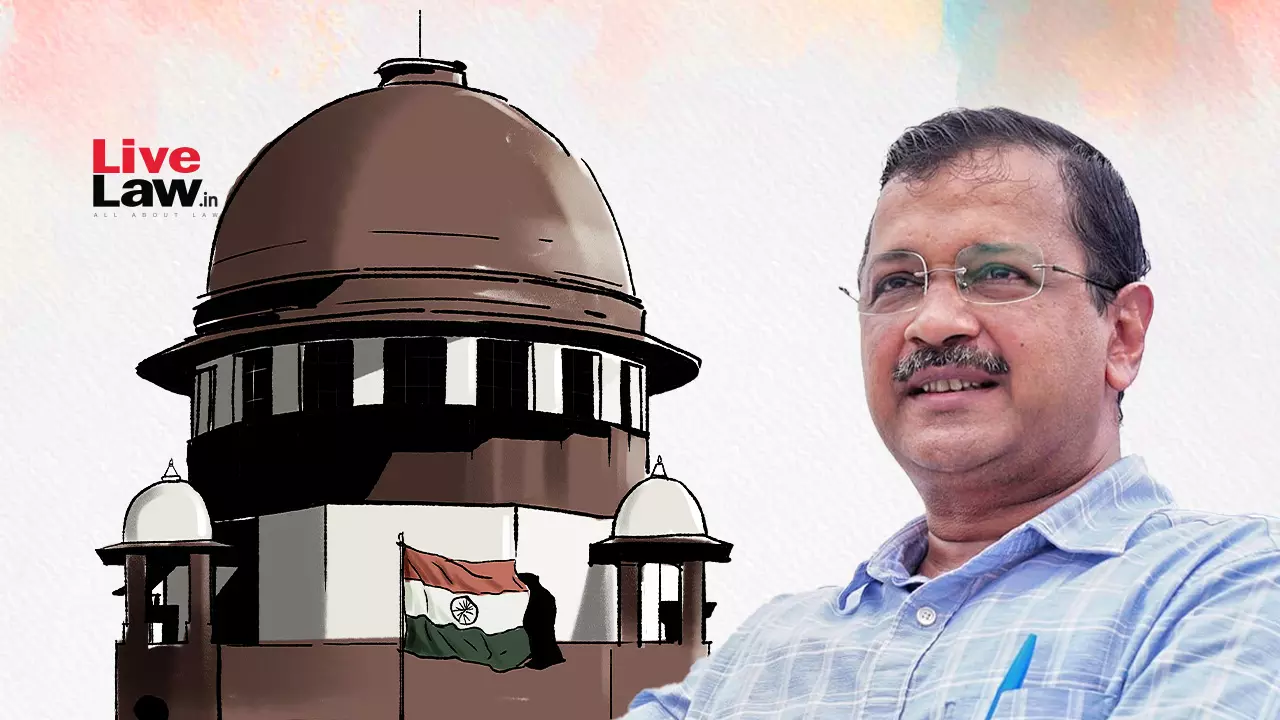 |
|
The Enforcement Directorate (ED) has alleged that Delhi Chief Minister Arvind Kejriwal's stay at a 7-star hotel in Goa during the recent assembly elections was partly funded by an accused in the Delhi liquor policy scam.
Additional Solicitor General SV Raju, appearing for the ED, told the Supreme Court on Monday that the agency has "evidence" against Kejriwal and that his arrest was not politically motivated.
The ED's claims are based on its investigation into the alleged Delhi liquor policy scam, which has led to the arrest of several individuals, including Chanpreet Singh, who is accused of receiving cash and reflecting it in his bank accounts.
According to the ED, part of the cash received by Singh was used to pay for Kejriwal's hotel bills in Goa. The agency has presented documentary evidence to support this claim.
Kejriwal has denied the allegations and has accused the ED of conducting a politically motivated investigation. The AAP chief has also questioned why the ED did not ask him about his involvement in the alleged scam during the initial investigations.
The ED has defended its investigation, saying that it takes time to gather evidence and that asking Kejriwal about his involvement at an early stage would have been "malafide".
The Supreme Court is currently hearing Kejriwal's plea against his arrest by the ED. The court has hinted that it may consider granting interim bail to Kejriwal, subject to the condition that he does not discharge official functions.
The next hearing in the case is likely to be held on Thursday or next week.
The ED's allegations against Kejriwal have come as a major setback to the AAP chief, who is seeking re-election in the upcoming Delhi assembly elections.
The AAP has accused the BJP-led central government of using the ED to target its political opponents.
